Iyke Bede
“Where are the founding fathers?” Lancelot Oduwa Imasuen throws the question lightly, but it lands with weight. He’s not talking about the on-screen faces who came to define Nollywood, but those behind the camera—those who projected the actors, carved paths where there were none, and built Nollywood.
This year marks 30 years since Imasuen started that journey, a career launched with the film ‘Adaku’. A University of Port Harcourt alumnus, he honed his skills under actors like the late Enebeli Elebuwa and Sadiq Daba, men whose names are written in indelible ink in Nollywood’s annals.
But Imasuen isn’t one to dwell on nostalgia. His focus now is ‘Area Command’, a YouTube series that reunites a cadre of Nollywood greats like Charles Awurum, Victor Osuagwu, Francis Odega, and Afeez Oyetoro. For him, reassembling these figures isn’t just a tribute, it’s a reflection of careers that have thrived and still remain relevant from sheer hard work.
Next on the slate is ‘Issakaba Return’, a fresh take on his famed vigilante film franchise that helped define early 2000s Nollywood. For fans of the original, the new entry promises not just action but an updated reflection of justice in today’s Nigeria.
Yet, it’s when the conversation veers to the so-called ‘old’ and ‘new’ Nollywood divide that he leans in.
“I tell these young ones, you must value what you meet,” he says. “Everyone must come with the mindset to add to building Nollywood. Don’t come with the mindset of looking down on what has been done.”
There’s a trace of frustration there, but more than that, a plea for understanding. To Imasuen, labels like “old” and “new” serve no one. What matters is progress. He believes progress is only sustainable when the bridge between generations is strong.
It’s this belief that fuels his work with emerging filmmakers. Through platforms like the Benin Film Festival and the International Student Film Festival, he’s opened doors for younger voices to learn, create, and find their own paths. “Every one of my works is focused on the next generation of filmmakers,” he says. “God giving us life, I may just want to still do some great work. I’m just 54.”
He says that with a grin, aware that time is on his side, and also that time is precious. As he sees it, the industry’s future isn’t just about streaming rights or shiny premieres. It’s also about remembering the Alaba marketers who took risks when no one else would, the veterans who held boom mics and shared costumes.
Nollywood didn’t arrive fully formed. It was made. And in Imasuen’s world, everyone who tries to move it forward matters.



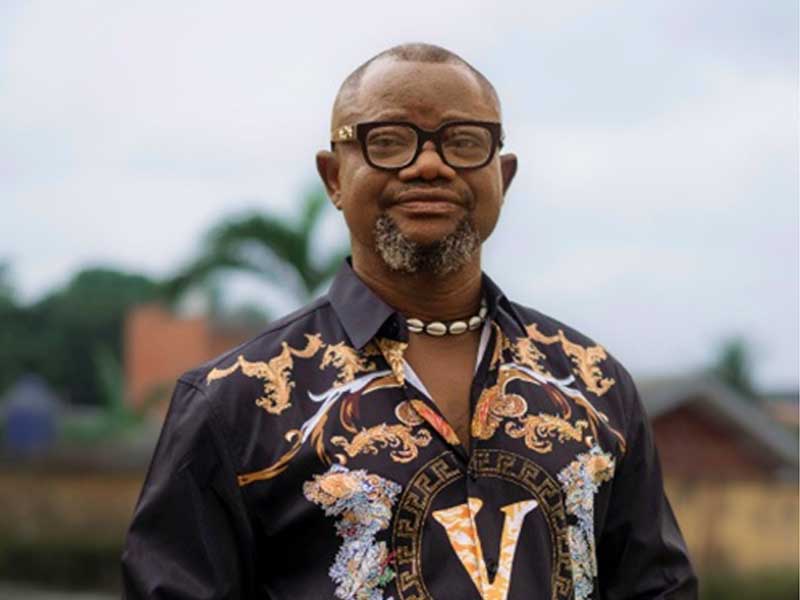


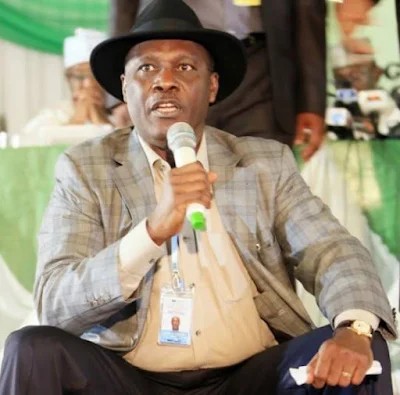


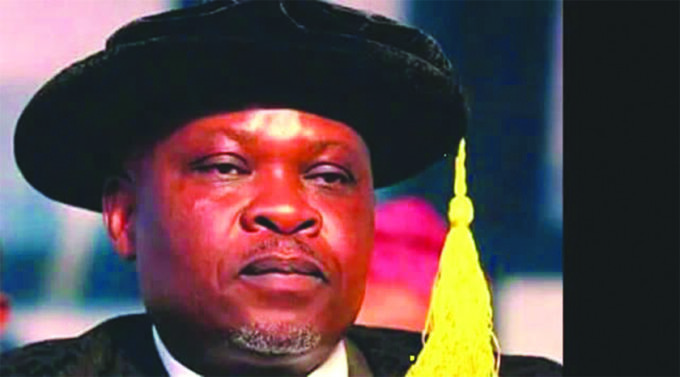
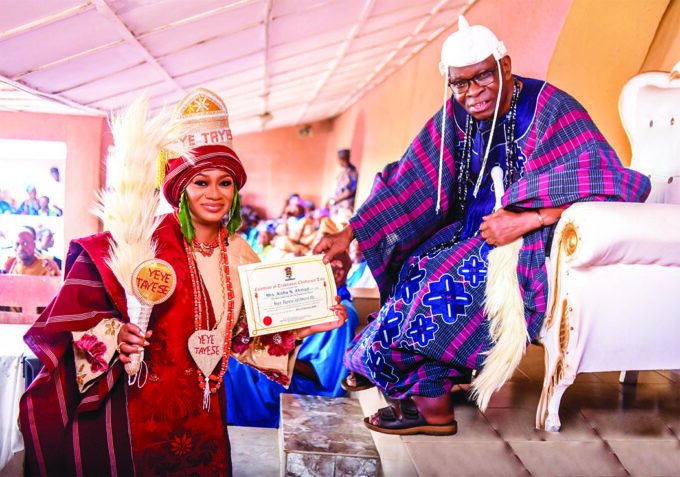
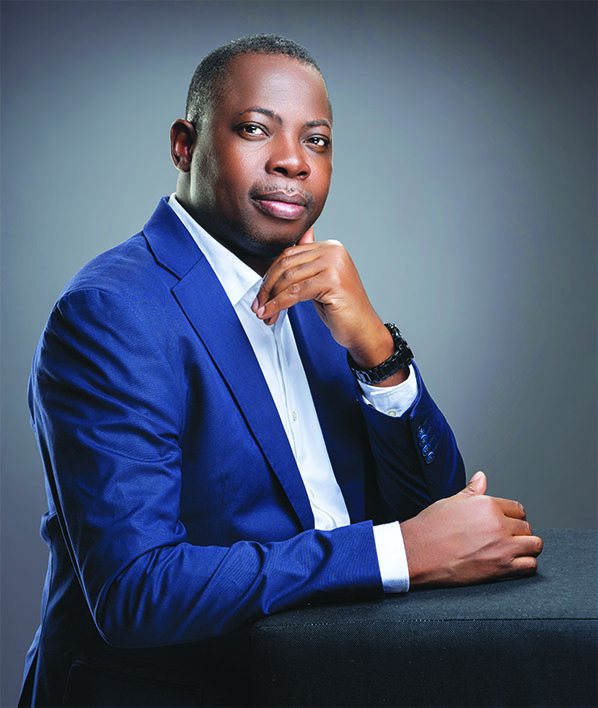
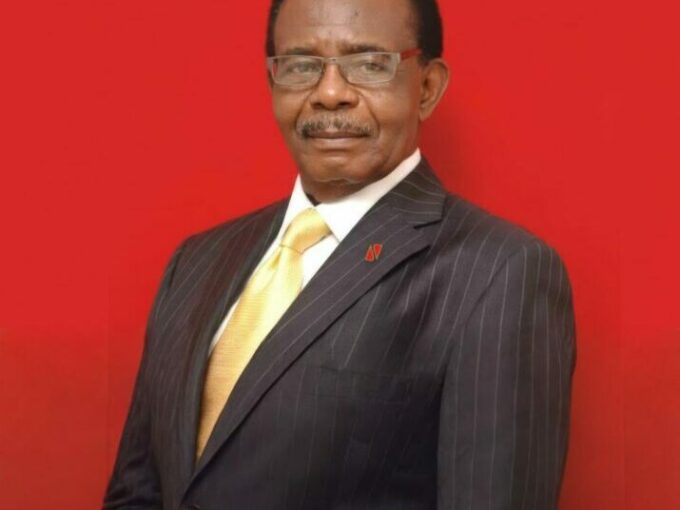



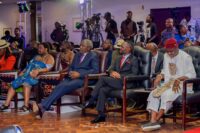

Leave a comment